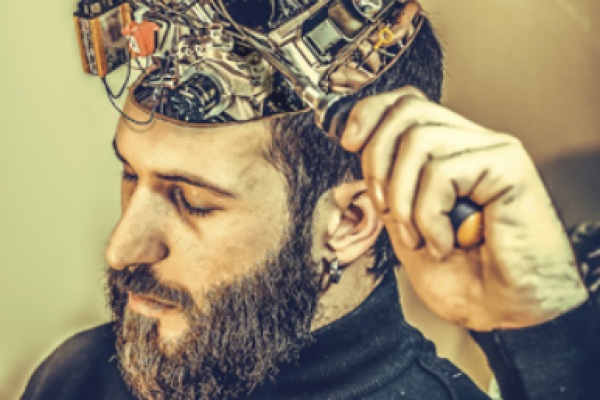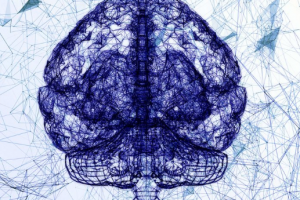The British Neuroscience Association’s (BNA) annual symposium focused on neurotechnologies
Neuroscience enthusiasts and specialists gathered in South Quay, London to explore advances ranging from nanomedicine to artificial minds.
Neuroscience enthusiasts and specialists gathered in South Quay, London to explore advances ranging from nanomedicine to artificial minds.
Man-machine interfaces
Amidst the breadth of topics discussed, several presentations stood out, the first being ‘Bionic limb reconstruction’ by Dario Farina. Dario is a professor of neurorehabilitation engineering at Imperial College London and his talk introduced the substitution of damaged or missing limbs for robotic ones.
Brain stimulation as a treatment
Dr Aurore Thibaut, University of Liège, and Professor Tom Foltynie, UCL Institute of Neurology, explored the effects of brain stimulation techniques in two striking but separate presentations. Aurore researches neuromodulation with a strong focus on improving brain function and connectivity in individuals suffering from disorders of consciousness (DOCs), such as coma. She revealed consistent clinical improvements in recovery following trials of repeated transcranial direct current stimulation (tDCS) over the prefrontal cortex that were maintained at least one-week post-stimulation.
Tom Foltynie, is a consultant neurologist specializing in motor disorders; his talk focused on deep brain stimulation (DBS) as a treatment for Parkinson’s disease. This approach involves electrode implantation into the subthalamic nucleus involved in motor control; stimulation of this region inhibits abnormal activity, decreasing tremors and off-target symptoms of drugs such as involuntary muscle movements.
Ethical considerations of brain technologies
Neurotechnological advances illustrate how neuroscience research is expanding our understanding of CNS disorders and developing our computing and engineering abilities in a way that we have never seen before. However, these advances also raise important ethical issues: does the risk of potential behavioral changes outweigh the benefit of DBS? What if healthy individuals - who can afford it - start wanting bionic limbs, would they be entitled to receive them?
In a closing panel discussion, led by the International Neuroethics Society, the importance of such ethical considerations and risk-benefit analysis was emphasized and addressed. Despite the advances in neurotechnology, could we be in danger of crossing a boundary between ‘organics’ and ‘mechanics’?
technologynetworks.com





Related Posts